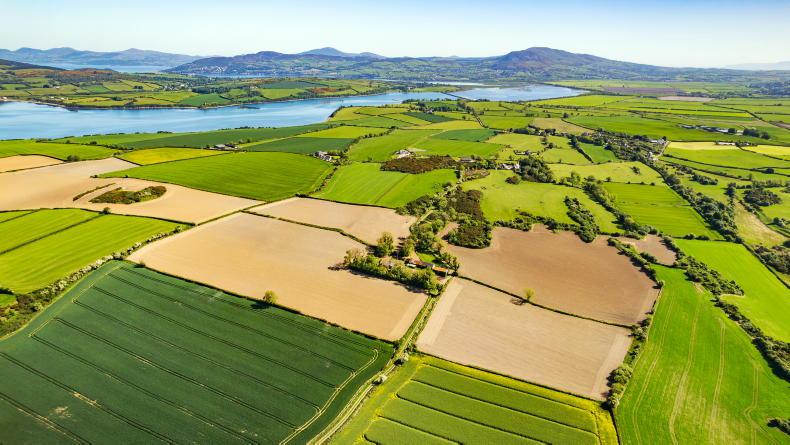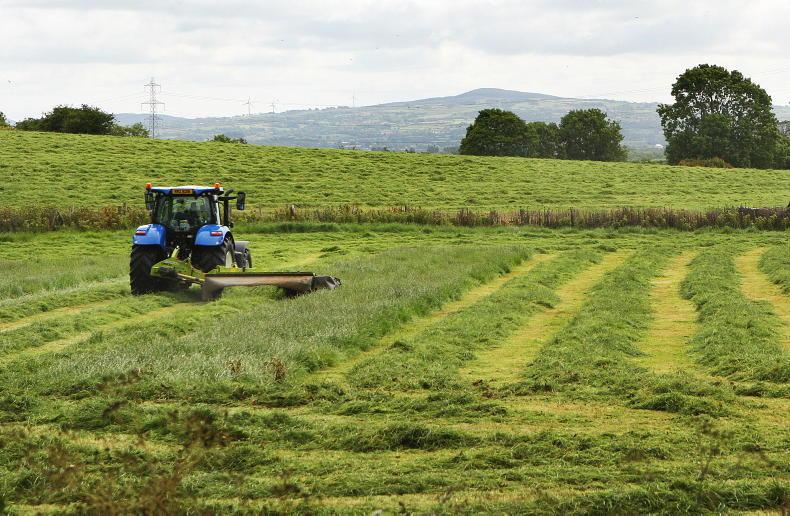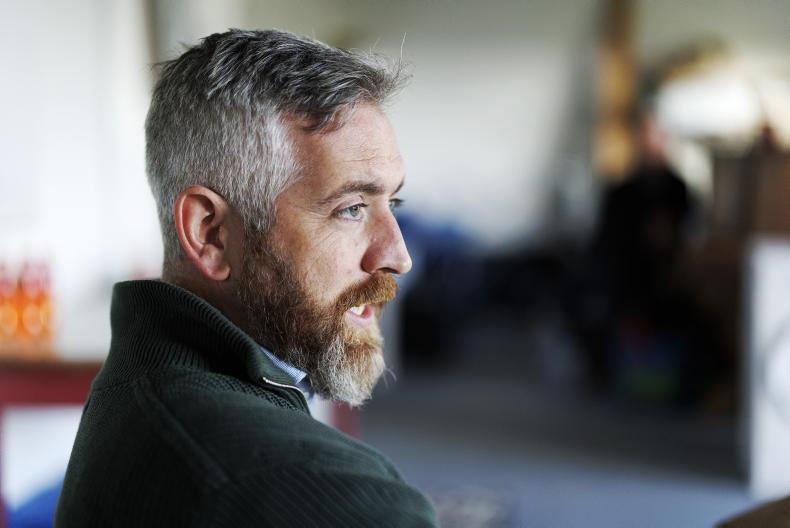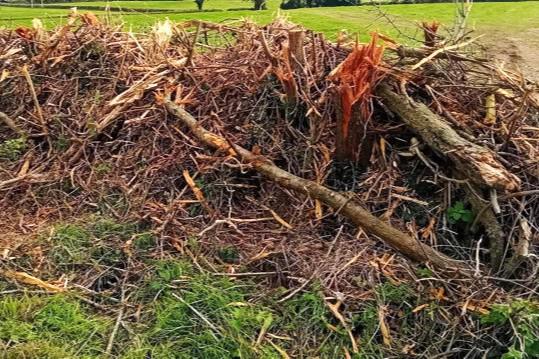Farmers will follow a path that makes their farms viable, including a path with payments for delivering biodiversity.
That was the message from Bernie McKay, who farms suckler cows and sheep in the Antrim Glens. Bernie insisted that farmers would provide public goods if they were sufficently rewarded for them.
Speaking at the National Biodiversity Conference, he detailed how biodiversity had waxed and waned on his farm.
Bernie took over the farm in the 1980s and said he followed the path that was laid out by EU supports – a path of increasing production and intensifying the farm.
Biodiversity loss
Between taking over the farm and the late 90s, Bernie switched to continental suckler cows from traditional breeds and tripled the ewe numbers. However, he said that after many years of faithfully following that path he realised things weren’t adding up.
With less profit for more animals Bernie sought off-farm employment to make up for declining profits.
He said that pursing available supports at the time had led the farm to reduce its biodiversity. Cattle were no longer out-wintered, increased amounts of fertiliser were used and pastures were reseeded to bring an end to mixed species swards.
Schemes
Bernie said the farm joined its first agri-environmental scheme in 1988, but he feels the majority of schemes just tinker around the edges without making a real difference. His farm has planted over 3,000km of hedgerows.
He insisted that farmers were economically driven and they would latch onto schemes if those schemes delivered a sustainable income for their farms.









SHARING OPTIONS